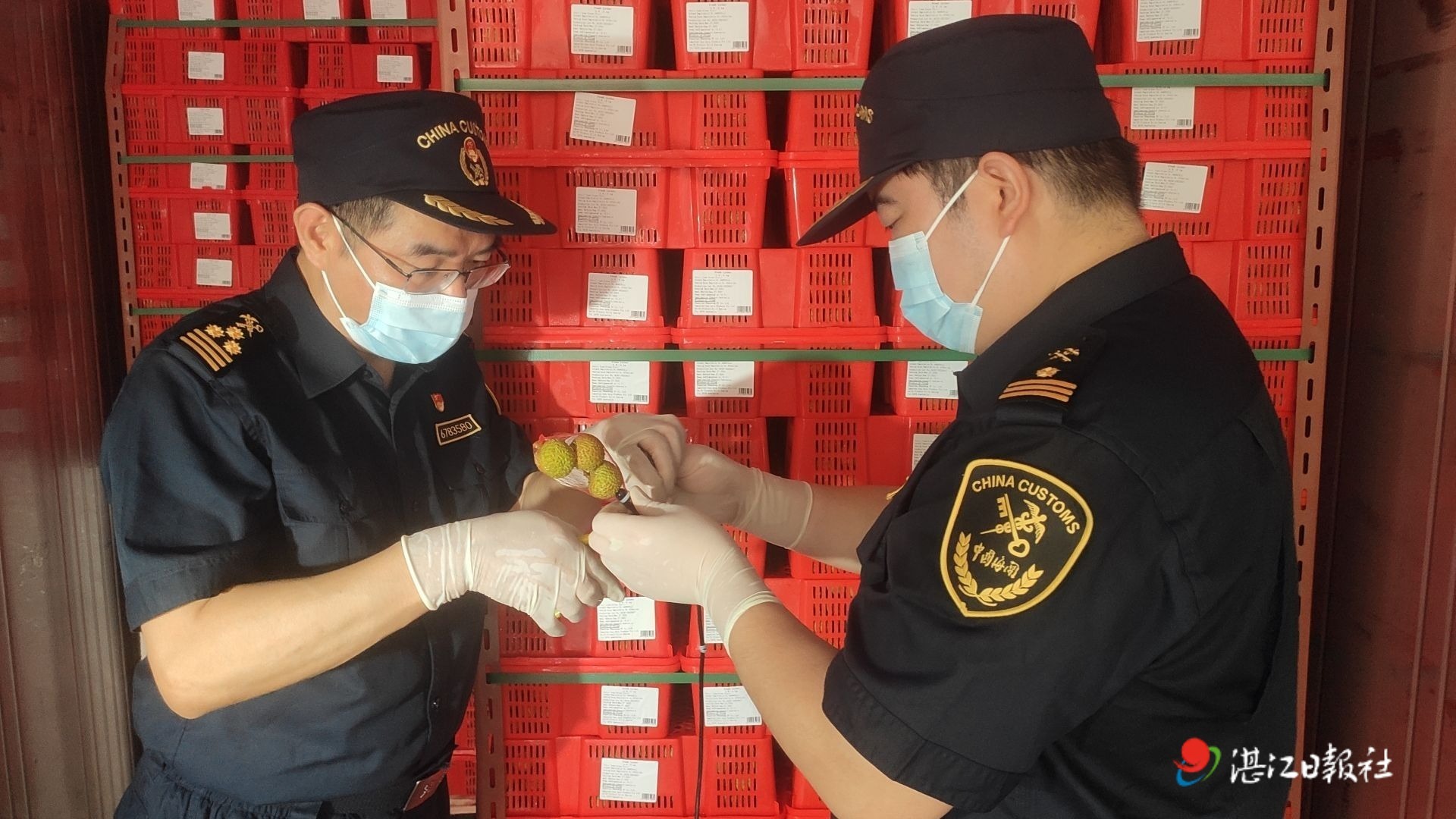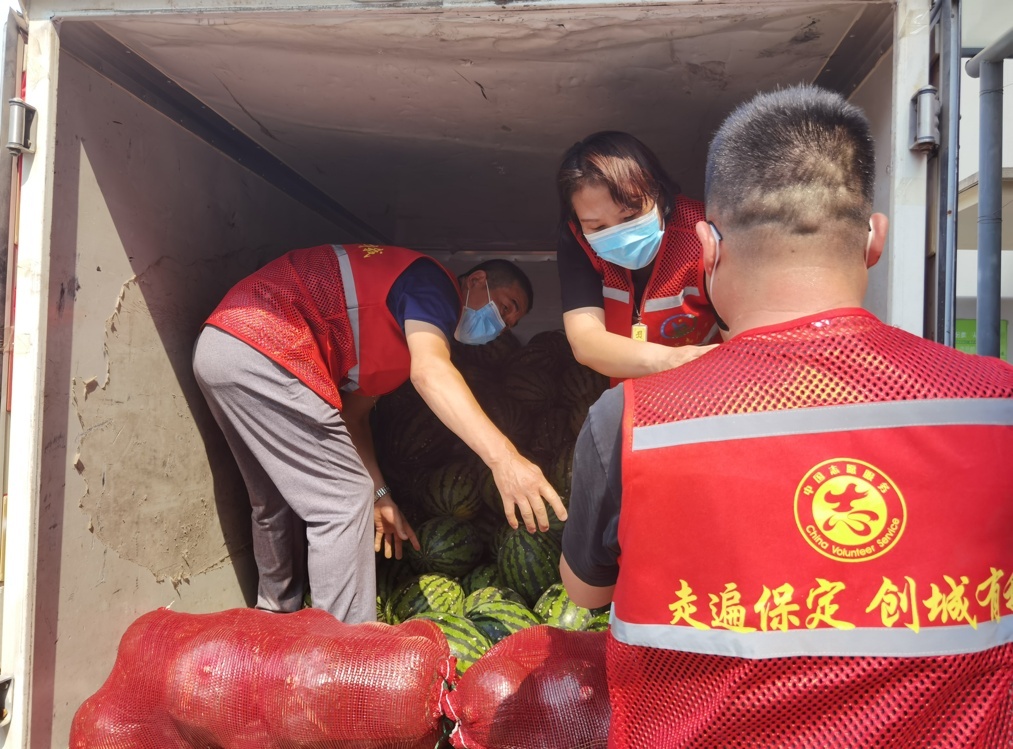Another new species was discovered in Indonesia: a pig cage grass with underground prey as
Author:China Green Fair Time:2022.07.10
Scientists have found a new species on Borneo Island, North Cagon, Indonesia, Nepenthes Pudica. After that, our understanding of carnivorous plants was quickly questioned. Nepenthes Pudica is a Pitcher Plant called scientists. Its leaves are modified and are called traps or pitcher to capture prey. In a strategy known to so far no other trap -known carnivorous plants, this plant is active underground to capture prey in the soil.

(Source: Martin Danák. Image description: The buds with reduced white leaves and developed insect cages from the empty cavity under the tree.).)
Martin Danák, the University of Palack University, is the main author of this research. The study was published in the magazine of "PHYTOKEYS", and his team described this new species in the magazine. Martin Danák said: "We found a kind of pork cage grass, which is obviously different from all other known species. In fact, the species placed its 11 cm insect cage in the ground, formed in the cave or directly in the soil in the soil , Tastoning animals living underground are usually ants (ANT), mite, and beetle. "
It is known that only three groups of carnivorous plants can capture underground prey, but they all use very different capture mechanisms, and unlike underground pig cage grass, they can only capture tiny creatures.
Plants such as underground pigs and cages form a special underground bud, which have completely white, chlorophyll leaves. In addition to the lack of normal green pigment, the leaves that support the cage cage have also narrowed to a small part of the normal size. However, pitchers still maintain their body shape and usually maintain their red.
Václav Ermák, the Václav Ermák of the University of Burno University in the Czech Republic, explained: "Interestingly, we found that many organisms are in the cage, including mosquito larvae, necotode, and a worm. This kind of worm is also described as a new species. "
This newly discovered species grows on the top of the ridge of a relatively dry ridge at an altitude of 1100-1300 meters. According to its discoverers, this may be why it evolved to move traps to underground. Michal Golos, the University of Bristol, added: "We assume that underground caves have more stable environmental conditions, including humidity, and there may be more potential prey during the drought period. "He also studied this strange plant.
A series of lucky events in 2012 led to the discovery of the species. As a member of the research team of Parker University, as a member of the research team, recalling a critical moment: "In a few days of travel with our Indonesian colleagues, we randomly selected a mountain that had not been exploited from some candidate plants. We pay attention These plants are undoubtedly Nepenthes pig cage grass, but they have not produced insect catchers. After careful search, we found several air pig cages, some young land pork cages, and a deformation pig cage grass extended from the soil. ","
"At first, we thought it was an unexpected buried pig cage grass, and the local environmental conditions caused the lack of other pig cage grass. Nevertheless, when we continued to find other pig -free grass along the road climbing to the peak, we continued We doubt whether there is a pork cage grass that may have evolved to the point where the carnivorous plants disappear, as I saw in other carnivorous plants. However, when taking pictures, I torn off a cushion on the tree base on the tree base. A bouquet of maroon cage is exposed. The cage of insects grows from a short branch. The leaves are reduced and there is no chlorophyll at all. "
The group subsequently inspected other plants encountered and found that all these plants had underground buds with pigs and grass, which confirmed that the species was specifically targeted at the underground environment.
The scientific name of the pig cage (Nepenthes Pudica) shows the strange behavior of this plant: it originated from the Latin adjective Pudicus, which means shyness, reflecting it that it has been hidden outside the sight.
Pig cage grass is unique to Borneo. A relevant expert said, "This discovery is important to the natural protection of Borneo, Indonesia because it emphasizes its importance as the hot spot of biological diversity as the world. Borneo rain forest, especially to prevent or slow down the transformation of virgin forests to oil palm plantations. "
For the original text: https://phys.org/news/2022-06- UnderGround-CARNIVOR
Organize: daisy
Review: lucy
Edit: Pierre
- END -
Zhanjiang Guan District has successfully ended the outflows of Litchi exports this year.

Correspondent Tang Mengyan PhotoRecently, with the last batch of 20.8 tons of fres...
Volunteer forces in a civilized city: Baoding Xu Shui "Volunteer Red" helps to be distressed by hail disasters

Hebei Youth Daily (Reporter Cheng Gong correspondent Liu Yadan) On the evening of ...